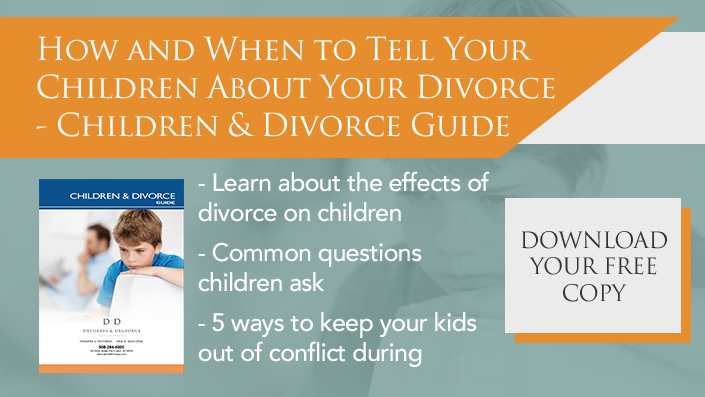Getting used to a visitation schedule is difficult for everyone. Disagreement among parents is one thing, but when a child becomes resistant to visitation, the situation is even more complicated.
For Custodial Parents
If your child is resistant to going on visitation, try to gently explore why. You need to rule out any issues of safety or parental failures first. If your child is not in danger, find out why he or she is unhappy about visitation. There may be a solvable problem – unhappiness with the sleeping arrangements, inability to get homework done, no food he/she likes, etc. A problem like this can be discussed with your ex. If your child has no real reason yet continues to cry, whine, complain or refuse to go, it is your job as a parent to stay strong. You can tell your child that this plan was created by the judge and it is not up to you to change it. We all have schedules we have to follow and your child is no different. Make sure you let the other parent know about the resistance and make it clear you are supporting visitation and encouraging your child to go.
For Non-Custodial Parents
If your child does not want to spend time with you, it can be hurtful and bewildering. The first order of business is to try to find out why. Is the other parent discouraging your child from going? Is the other parent speaking negatively about you? Is it actually your child who doesn’t want to go or is your ex manipulating the situation? If the problem is your ex, you need to talk to your lawyer and make sure that your order is followed. If the problem is not your ex, talk to your child in a careful way and try to explore what is making him or her unhappy. Are there changes that can be made to make the visitation plan more palatable? Be flexible, but remember you are the parent and children are not in charge. If there is no explanation, you can try taking a break, but making sure to stay in constant contact so your child knows you care and want to see him or her. Do not give up your rights however, and try to resume visiting shortly. If your child continues to refuse, it is wise to seek help from a family therapist who can help you get back on track.
For help with custody and visitation issues, contact DeTorres & DeGeorge.


 START LIVE CHAT
START LIVE CHAT











